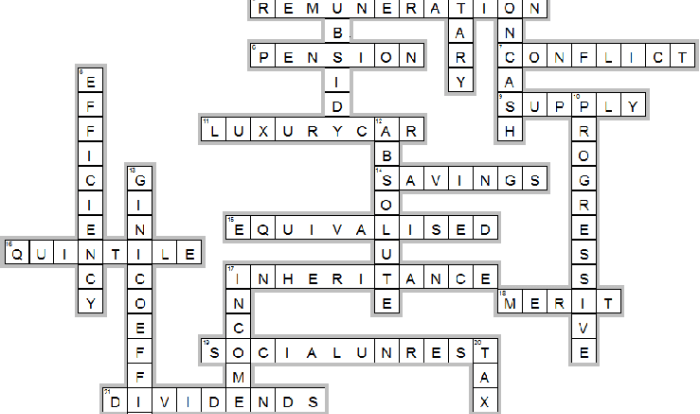Organs that affect balance crossword sets the stage for this enthralling narrative, offering readers a glimpse into a story that is rich in detail and brimming with originality from the outset. As we delve into the intricate workings of the vestibular system, semicircular canals, and otoliths, a fascinating tale of balance and coordination unfolds.
This comprehensive guide explores the common crossword puzzle clues related to organs that affect balance, providing a treasure trove of potential answers to tantalize even the most seasoned solvers. From technical terms to colloquial expressions, this resource empowers you to conquer any balance-related crossword challenge with ease.
Organs involved in Balance
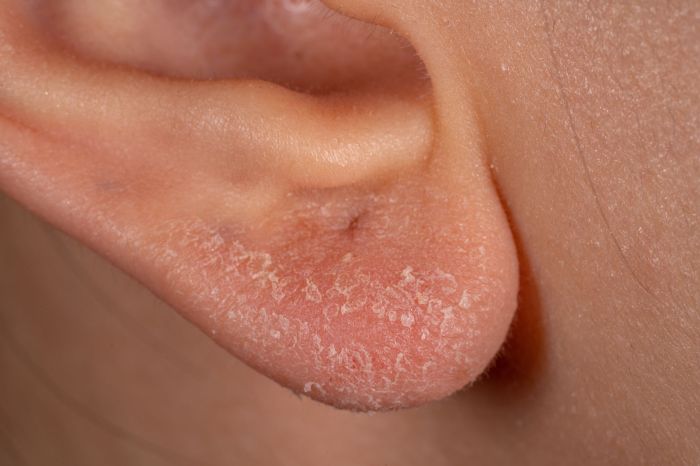
Maintaining balance is a complex process that involves the coordinated effort of several organs and systems. The vestibular system, located in the inner ear, plays a crucial role in this process by providing information about the head’s position and movement to the brain.
The vestibular system consists of two main components: the semicircular canals and the otoliths. The semicircular canals are three fluid-filled tubes arranged in perpendicular planes. They detect rotational movements of the head, such as spinning or tilting. The otoliths are two small, calcium-containing structures located in the utricle and saccule of the inner ear.
They detect linear accelerations, such as those experienced during walking or running.
Vestibular Nerve
The vestibular nerve is the eighth cranial nerve that transmits signals from the vestibular system to the brain. The nerve has two branches: the superior vestibular nerve and the inferior vestibular nerve. The superior vestibular nerve innervates the semicircular canals, while the inferior vestibular nerve innervates the otoliths.
Crossword Puzzle Clues
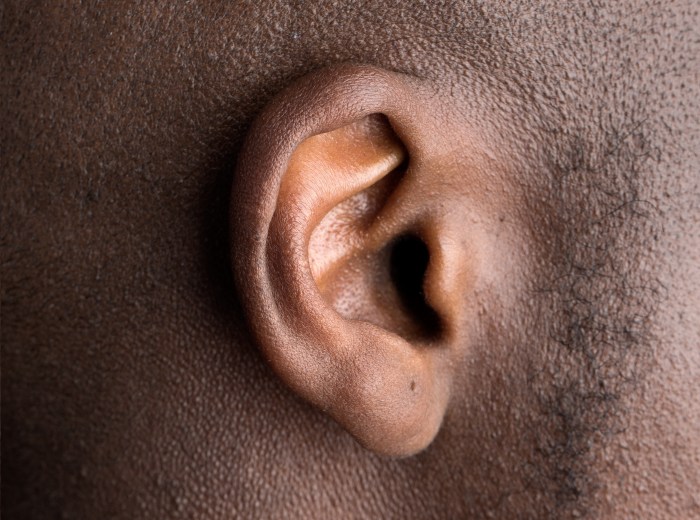
Crossword puzzles often include clues related to organs that affect balance. These clues can be a fun way to test your knowledge of the vestibular system and its components.
Vestibular System Clues
- Sense organ located in the inner ear that detects head movement
- Three semicircular canals that detect rotation
- Two otolith organs that detect linear acceleration
- Nerve that transmits balance information to the brain
- Area of the brain that processes balance information
Vestibular System Answers, Organs that affect balance crossword
- Cochlea
- Semicircular canals
- Otolith organs
- Vestibular nerve
- Vestibular nuclei
Balancing Disorders
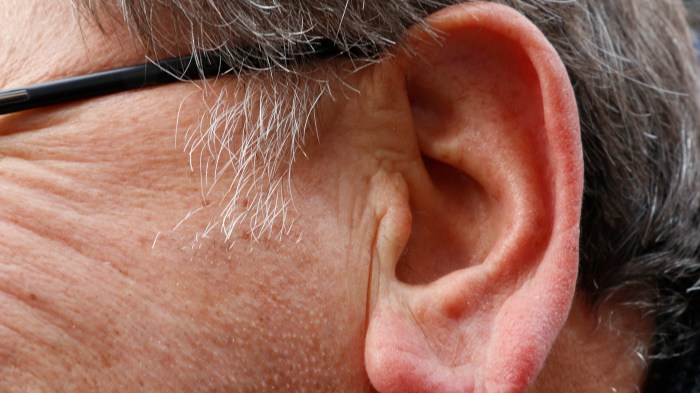
Balancing disorders encompass a range of conditions that affect the body’s ability to maintain equilibrium and stability. These disorders can arise from various underlying causes and manifest through distinct symptoms.
One common cause of balancing disorders is dysfunction within the vestibular system, a sensory system located in the inner ear responsible for balance and spatial orientation. Damage or disruptions to the vestibular system can impair the brain’s ability to process information about head and body movements, leading to dizziness, vertigo, and difficulties with balance and coordination.
Causes of Balancing Disorders
- Vestibular neuritis: Inflammation of the vestibular nerve, often caused by viral infections
- Benign paroxysmal positional vertigo (BPPV): Displacement of calcium crystals within the inner ear, leading to episodes of vertigo triggered by specific head movements
- Ménière’s disease: A condition characterized by episodes of vertigo, hearing loss, and tinnitus, caused by abnormal fluid buildup in the inner ear
- Head injuries: Trauma to the head can damage the vestibular system or its connections to the brain
- Neurological disorders: Conditions such as Parkinson’s disease and multiple sclerosis can affect the brain’s processing of balance-related information
Role of Medical Professionals
Medical professionals, particularly otolaryngologists and neurologists, play a crucial role in diagnosing and treating balancing disorders. Diagnosis involves a comprehensive evaluation of the patient’s symptoms, medical history, and physical examination. Balance tests, such as the Dix-Hallpike maneuver and electronystagmography, can help assess the function of the vestibular system.
Treatment for balancing disorders depends on the underlying cause and may involve:
- Medications to control symptoms such as dizziness and nausea
- Vestibular rehabilitation exercises to improve balance and coordination
- Surgery in severe cases, such as for BPPV or tumors affecting the vestibular system
Balance Exercises

Balance exercises are essential for improving stability, coordination, and overall physical fitness. Regular practice of these exercises can help reduce the risk of falls, improve posture, and enhance athletic performance.
Here is a table outlining some common balance exercises and their instructions:
| Exercise | Instructions |
|---|---|
| Single-leg stance | Stand on one leg, keeping the other slightly bent at the knee. Hold for 30 seconds to 1 minute. Repeat on the other leg. |
| Double-leg stance with perturbations | Stand with your feet shoulder-width apart. Have a partner gently push or pull you from different directions. Try to maintain your balance. |
| Heel-toe walk | Walk forward or backward, placing your heel on the toes of the opposite foot. Take small steps and focus on maintaining your balance. |
| Tandem walk | Walk forward or backward, placing one foot directly in front of the other. Keep your feet close together and focus on maintaining your balance. |
| Clock reach | Stand with your feet hip-width apart. Extend your right arm out to the side at shoulder height. Slowly rotate your arm in a clockwise direction, touching the 12 o’clock, 3 o’clock, 6 o’clock, and 9 o’clock positions. Repeat in the counterclockwise direction. |
Regular balance exercises provide numerous benefits for overall health and well-being. These include:
- Improved stability and coordination
- Reduced risk of falls
- Enhanced athletic performance
- Improved posture
- Increased body awareness
- Reduced risk of injury
Balance and Aging: Organs That Affect Balance Crossword
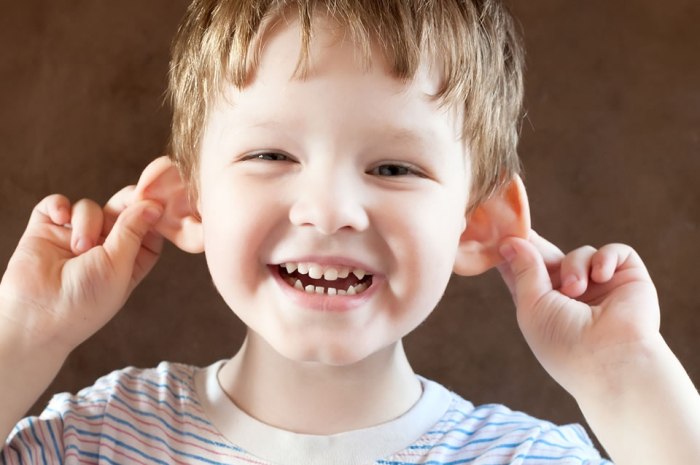
Aging significantly affects balance and coordination, primarily due to age-related changes in the vestibular system, sensory receptors, and musculoskeletal system.
The vestibular system, located in the inner ear, plays a crucial role in maintaining balance by detecting head movements and sending signals to the brain. Age-related degeneration of the vestibular system can lead to impaired balance, dizziness, and vertigo.
Strategies for Maintaining Balance in Older Adults
- Regular exercise, including balance training and tai chi, can improve muscle strength, coordination, and flexibility.
- Fall prevention programs can teach older adults how to avoid falls and how to fall safely if a fall occurs.
- Assistive devices, such as canes or walkers, can provide stability and support.
- Environmental modifications, such as installing grab bars in the bathroom and removing tripping hazards, can reduce the risk of falls.
General Inquiries
What is the vestibular system?
The vestibular system is a sensory system responsible for maintaining balance and spatial orientation.
How do semicircular canals contribute to balance?
Semicircular canals detect rotational movements of the head and send signals to the brain to maintain balance.
What is the function of otoliths?
Otoliths detect linear acceleration and gravity, providing information about the head’s position relative to the ground.
